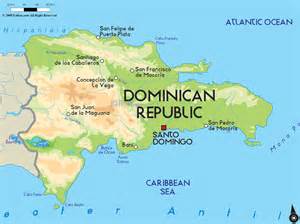Medical tourism, specifically getting plastic surgery outside of the U.S., continues to gain in popularity. Lower costs are the obvious reason and many procedures may be as much as 50% less than in the States, often more. While there is no doubt that quality plastic surgery is available abroad and, in some cases it may be real cost saver, but it also comes with increased risks.
While the U.S. health care system is fraught with extensive regulations driven by a high drive for safety and medico-legal concerns, many countries have far fewer such safeguards. That is one major reason their per procedure costs are less. While one argument against medical tourism is the fear that the training and skill of the plastic surgeons may be less, an equal if not greater concern should be about sterility and how medical equipment and supplies are handled. The lack of following adequate sterilization protocols and the re-use of medical supplies are another way to keep down costs but place patients at increased infection risks.

Such mycobacterium infections were seen in women in the 18 to 50 year-old age range who had undergone breast augmentation, tummy tucks and liposuction in the Dominican Republic from the spring through the fall in April 2013. Symptoms of the infection included abdominal pain, abscesses with wound drainage and fevers. Over half of the cases were done at the same surgery center by the same surgeon. The patients developed infectious symptoms after their return to the U.S.. Given that so many cases were from one location raises the very real likelihood about a break in sterilization or the quality of the sterile products used.
What is very unique about this type of infection, a rapidly growing non-tuberculous mycobacterium, is that it is a very difficult strain to treat. Patients must be on prolonged antibiotics and may require additional surgery. This is not your typical skin bacterial infection that is relatively easy to cure by common and inexpensive antibiotics.
While medical tourism may be a booming industry, it’s downsides are that the quality of safety measures may be less…not to mention that should you have problems after you return you are on your own to find a surgeon to take care of you. Everyone knows that ‘cheap deals’ may be risky but they just never think it will happen to them.
Dr. Barry Eppley
Indianapolis, Indiana


